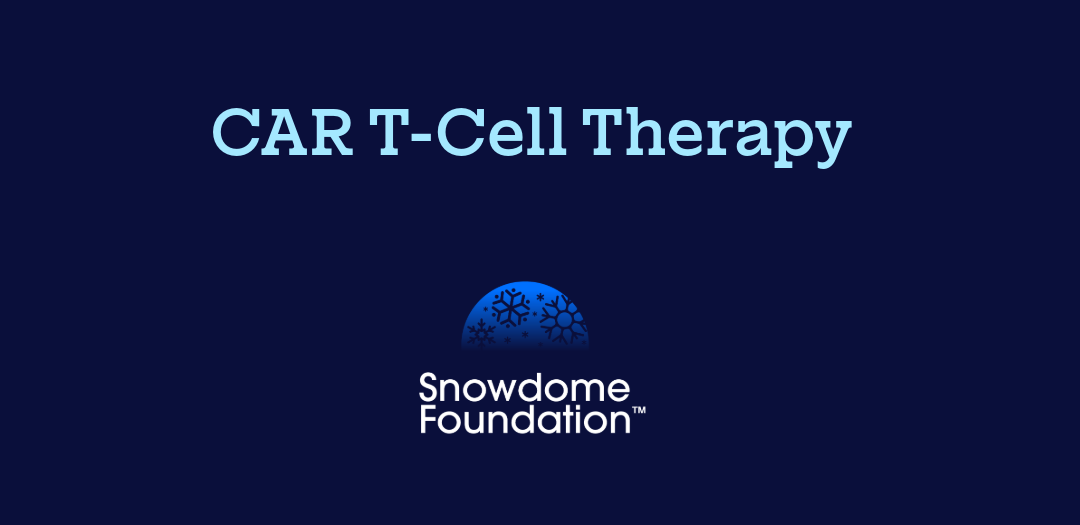Striving for equitable access to life-changing treatment for myeloma patients

Geoff Nyssen, a devoted husband and father of two, has faced a decade-long journey with blood cancer. Diagnosed with multiple myeloma in 2014 at the age of 40, Geoff faced an uphill journey full of uncertainty and challenges.
Over the years, Geoff has undergone a myriad of treatments, each presenting its own set of challenges. From three stem cell transplants to countless rounds of chemotherapy, targeted radiation therapy to bone marrow biopsies numbering close to thirty, Geoff has confronted his diagnosis head-on. Yet, despite his steadfast resolve, there came a moment when the odds felt overwhelming.
In mid-2023, Geoff was told by his doctor that he might not live until Christmas. His last remaining hope was to travel overseas to the United States to access an emerging form of immunotherapy: Chimeric Antigen Receptor (CAR) T-cell therapy. This groundbreaking treatment involves the manipulation of a patient’s own white blood cells and reprogramming them to target and kill cancer cells with unparalleled precision. It is changing the way we manage blood cancer, but it is not publicly funded for Geoff’s specific type of myeloma in Australia.
With the help of the federal government and the Medical Treatment Overseas Program (MTOP), Geoff was approved to travel to Seattle, USA, to receive CAR T-cell therapy. Four months later, he returned to his home on Victoria’s Mornington Peninsula in stringent complete remission; a type of remission that is achieved when a patient has no myeloma cells in their bone marrow.
Yet, amidst his personal victory, Geoff remains acutely aware of the barriers preventing access to this life-changing treatment for many Australian blood cancer patients. In 2022, the Medical Services Advisory Committee (MSAC) rejected an application for public funding of the drug Cilta-Cel, a CAR T-cell therapy for myeloma. This outcome was appealed, but in 2024, MSAC deferred its decision on public funding of the therapy, citing the cost-effective ratio was “unacceptably high and underestimated”. They further demanded that Janssen, the pharmaceutical company responsible for producing the drug, “considered a substantial price reduction” to be considered for public funding support. This has left Geoff, and many other myeloma patients, disappointed and frustrated.
Nevertheless, Geoff continues to support organisations, such as the Snowdome Foundation, by advocating for improved access to these therapies and supporting research into new treatments. Each year, Geoff organises the MY Mount Eliza Fun & Run Festival, a community event that raises vital funds for blood cancer research. Since its inception in 2017, the festival has raised over $450,000 for Snowdome.
Geoff’s journey with myeloma, and the myriad of treatments he has received, has motivated him to advocate for improved access to therapies like CAR T-cell in Australia. He believes these advancements should be readily available to all patients, eliminating the need for overseas travel in search of such care.
His hope: one day this life-saving treatment will become standard of care for all blood cancer patients in Australia.
